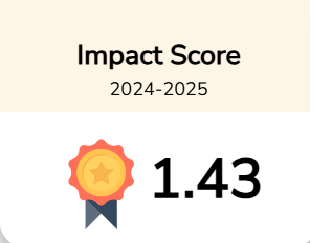An assessment of service quality in the hospitality industry
Downloads
Purpose: This study examines the relationship between service quality and customer satisfaction in the hospitality industry using the Bolgatanga Municipality in the Upper East Region of Ghana as a case study.
Design/Methodology/Approach: This study used a case study design and a quantitative approach. The study used both secondary and primary data. The secondary data was gathered from textbooks, reports and journal publications. The primary data were collected from a purposively selected sample of one hundred and fifty respondents using a structured closed-ended questionnaire. The respondents were customers of bars and restaurants in Bolgatanga municipality. Principal axial factor analysis was used to analyze the data to examine the relationship between service quality and customer satisfaction.
Findings: The analysis revealed that almost 43% of the service quality gaps in the hospitality industry in Bolgatanga municipality are accounted for by the five service quality factors, namely tangibility, reliability, responsiveness, accuracy and empathy. The empirical evidence suggests a positive relationship between service quality and customer satisfaction.
Conclusion: The results confirmed that all five service quality factors have a positive relationship with customer satisfaction. The research supports the call for service quality to be used as a strategy for sustainable business development.





